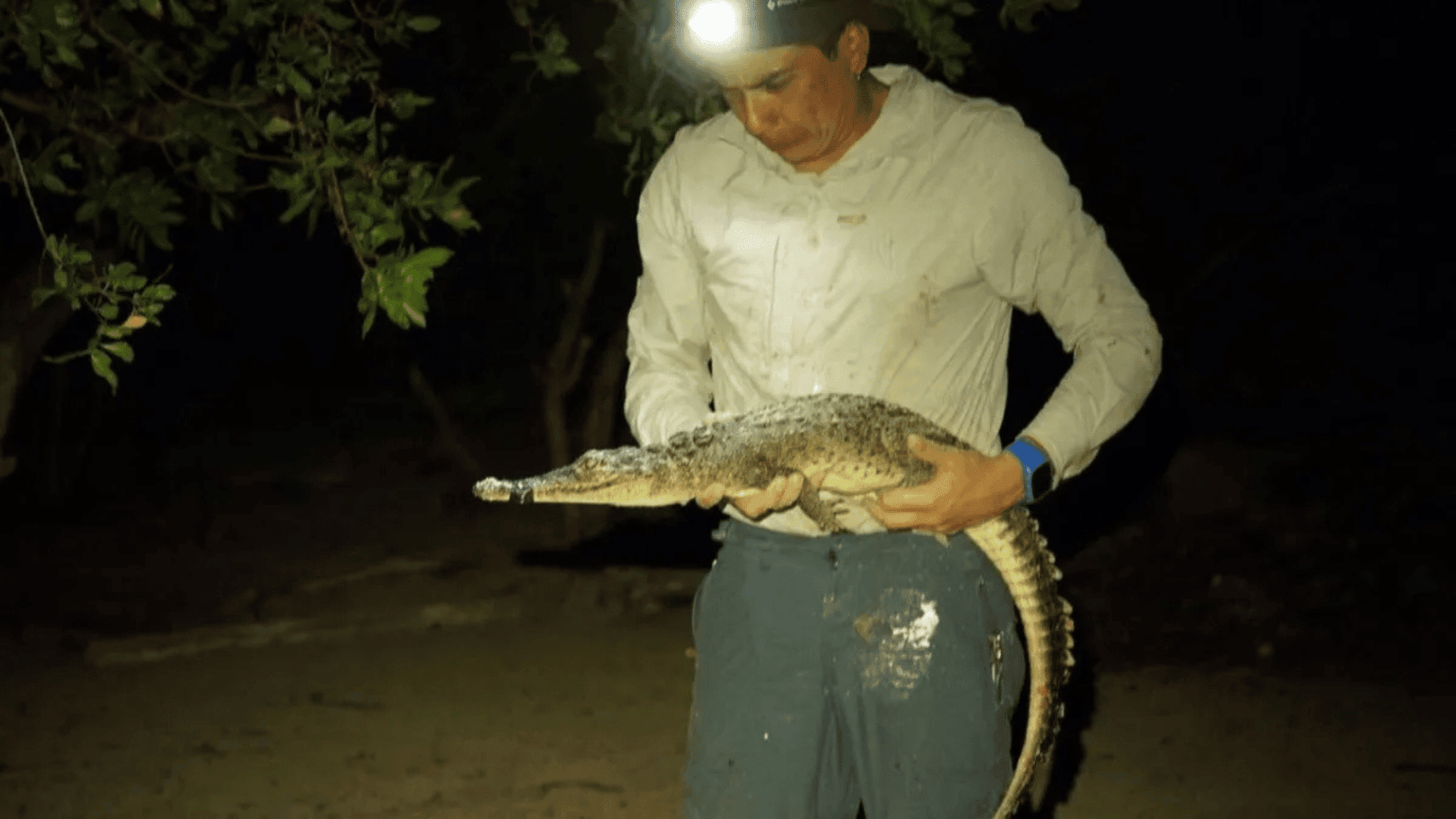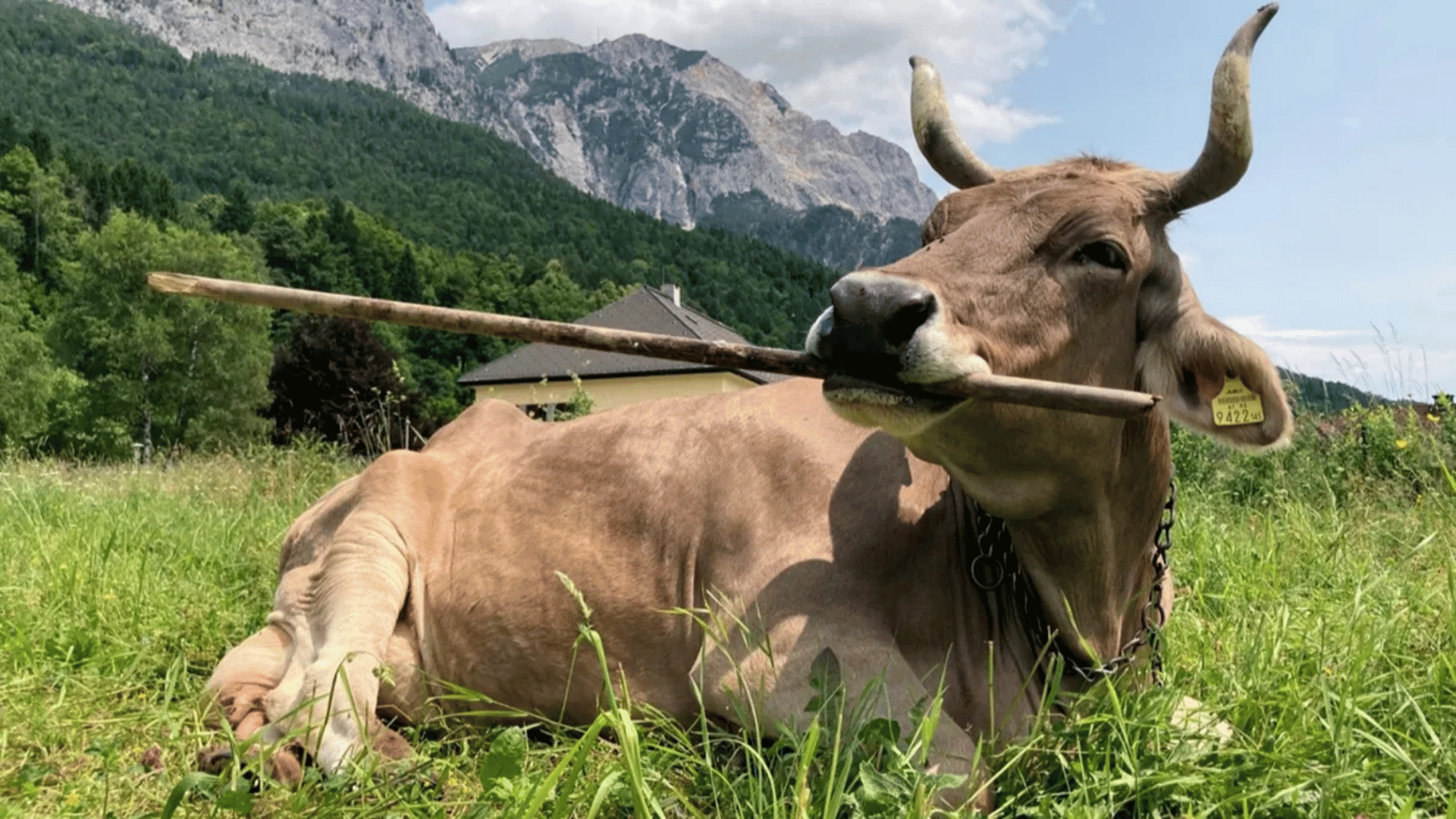Two new crocodile species were identified on isolated islands in the Caribbean. The reptiles were previously thought to be American crocodiles.
New Crocodile Species Discovered

Researchers discovered the unnamed species while studying the genetics of crocodiles across Central America, Mexico’s Pacific coast, and the Caribbean. The species inhabit the island of Cozumel and the atoll of Banco Chinchorro off Mexico’s Yucatán Peninsula. Both populations face extinction risks, with only around 500 individuals.
Upon closer examination, the team noticed significant genetic differences between the Cozumel and Banco Chinchorro populations and the rest of the American crocodile species. This led scientists to the conclusion that they must be separate species.
“These results were totally unexpected,” study lead author José Avila-Cervantes, who carried out the genetics research during his graduate studies at McGill University, said in the statement. “We assumed Crocodylus acutus was a single species ranging from Baja California to Venezuela and across the Caribbean.”
American crocodiles live in 18 countries, sharing some space with Cuban crocodiles in Cuba and Morelet’s crocodiles in Mexico, Guatemala, and Belize. While examining variations across the three species by extracting blood, tissue samples, and comparing physical differences, scientists found the two new species.
According to the study, the main physical difference between the species is the length and shape of their skulls. Banco Chinchorro crocodiles, for example, have a longer and broader snout than those of Cozumel Island.
The researchers’ findings will appear in the upcoming June volume of the journal Molecular Phylogenetics and Evolution. They hope that this new discovery will also help with species and habitat conservation efforts.
“Now that we recognize these crocodiles as distinct species, it’s crucial to protect their habitats,” Hans Larsson, a biology professor at McGill University and the study’s principal investigator, said in the statement. “Limiting land development and implementing careful conservation strategies on Cozumel and Banco Chinchorro will be key to ensuring their survival.”







